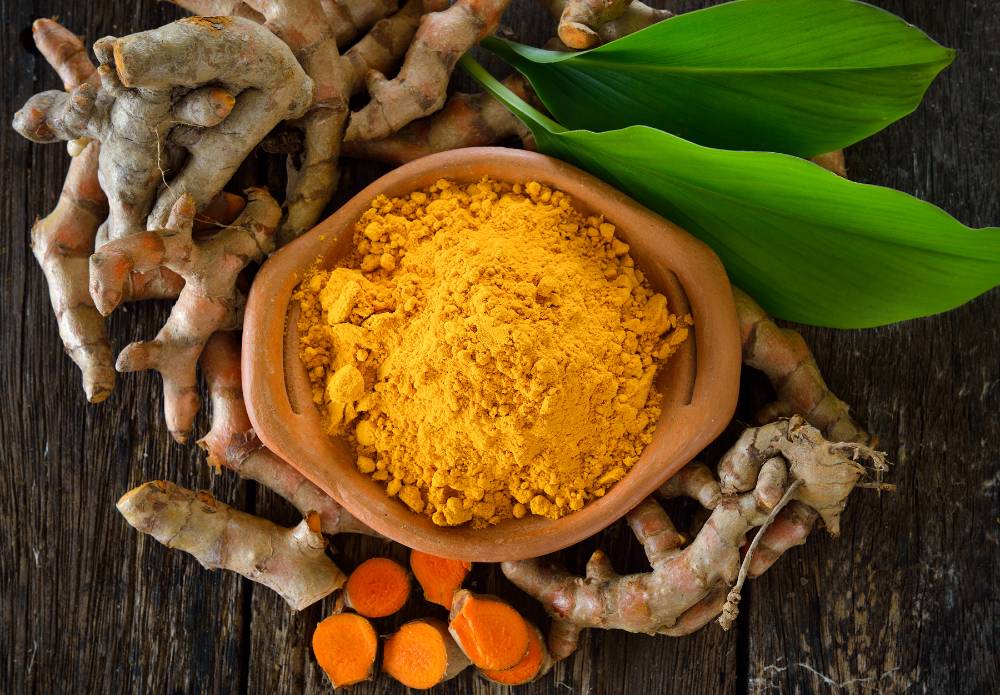
The Anti-inflammatory Properties of Turmeric: A Natural Way to Combat Inflammation
The Anti-inflammatory Properties of Turmeric: A Natural Way to Combat Inflammation
Are you tired of dealing with inflammation, the painful and uncomfortable swelling that often accompanies injury or illness? While over-the-counter medications can provide relief, they come with a host of potential side effects. Fortunately, nature has provided us with a powerful weapon in the fight against inflammation: turmeric.
Turmeric, also known as Curcuma longa, is a bright yellow spice commonly found in Indian cuisine. It has been used for centuries in Ayurvedic medicine to treat a variety of ailments, from digestive issues to respiratory problems. Recently, researchers have begun to explore its anti-inflammatory properties, and the results are promising.
In this article, we'll take a closer look at how turmeric can help combat inflammation, the science behind its effectiveness, and some easy ways to incorporate it into your diet.
The Science of Inflammation
First, let's define what we mean by inflammation. Inflammation is the body's natural response to injury or infection. When tissues are damaged, the body sends immune cells to the site of injury to begin the healing process. These immune cells release chemicals called cytokines, which signal other immune cells to come to the area and help with the healing process.
While inflammation is a necessary and important part of the healing process, it can also become chronic and lead to a variety of health problems, including arthritis, diabetes, and heart disease. Chronic inflammation occurs when the immune system is activated for extended periods of time, leading to a constant release of cytokines and other inflammatory molecules.
The Power of Turmeric
So, how can turmeric help combat inflammation? Turmeric contains a compound called curcumin, which has been shown to have potent anti-inflammatory properties. Curcumin works by blocking the activity of a molecule called NF-kB, which is responsible for activating genes involved in inflammation. By blocking NF-kB, curcumin can help reduce the production of cytokines and other inflammatory molecules, helping to combat chronic inflammation.
In addition to its anti-inflammatory properties, curcumin has also been shown to have antioxidant, anticancer, and antibacterial effects. It may even help improve brain function and reduce the risk of Alzheimer's disease.
Incorporating Turmeric into Your Diet

So, how can you incorporate more turmeric into your diet to reap its benefits? One easy way is to add it to your cooking. Turmeric can be used to add flavor and color to a variety of dishes, from soups and stews to roasted vegetables and rice dishes. You can also try making a turmeric latte by combining turmeric, ginger, cinnamon, and honey with your favorite milk.
If you're not a fan of the taste of turmeric, you can also find supplements that contain curcumin. Look for supplements that contain piperine, a compound found in black pepper that can help increase the absorption of curcumin.
Conclusion
Inflammation can be a real pain, but turmeric can offer a natural way to combat it. By incorporating more turmeric into your diet, you can help reduce chronic inflammation and improve your overall health and well-being. So next time you're in the kitchen, don't be afraid to spice things up with a little bit of turmeric!
